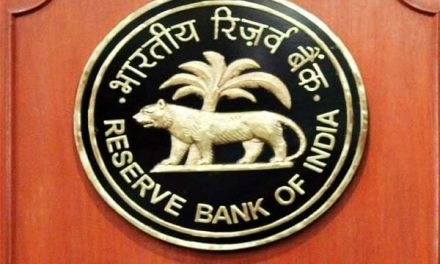PF tax rule: Starting from 1 April, the interest on employee contributions to provident fund of over ₹2.5 lakh per annum will be taxed, finance minister Nirmala Sitharaman announced in the Union Budget 2021. Up to ₹2.5 lakh has been kept as the deposit limit for which interest is tax exempt, finance minister said. In Finance Bill 2021, the government has introduced an amendment to the rule. The finance ministry increased the deposit threshold limit to ₹5 lakh per annum in provident fund for which interest would continue to be tax-exempt, if there is no employer contribution.
At least 12% of an employee’s basic salary and performance wages is compulsorily deducted as provident fund, while the employer contributes another 12%.
It may be noted that this is only for employees where no contribution is made on behalf of the employer. This new rule regarding PF comes into force from April 1, 2021 and will be visible in the salary for this month.
The implication of the amendment
Aarti Raote, Partner, Deloitte India, explained: “One amendment that has impacted most highly paid employees is the taxation of interest accruals on annual employee contributions to the provident fund in excess of Rs 250,000 from April 1, 2021. The PF is considered as an old age security kitty by many and it is one the most favored investment avenue considering the assured rate of return, definitive secured benefit, lump sum withdrawal on retirement, and zero taxation on withdrawal provided the employee has been a contributing member of the fund for five years or more. This is the reason why many employees seek to contribute a higher amount voluntarily towards PF in addition to the mandatory contribution.”
“This amendment would impact employees having a PF salary (i.e. Basic + DA+ Retaining allowance) in excess of Rs 20 lakhs and if we presume that this is at least 50% of the employee’s total remuneration, then his total salary would be in the range of Rs 40 lakhs or more. Hence such employees would need to face the tax cut on interest earnings going forward. Thus while the PF scheme is still attractive for the lower-income group, it does take off the sheen for the higher income group,” she stated.
Worth mentioning here is that in the previous Budget, the FM had capped the tax exemption on employers contribution to PF, NPS and superannuation fund exceeding an aggregate of Rs 7.5 lacs per annum. This had an impact only on employees earning seven-digit salary. But the recent proposal will have a wider impact. Mainly those who use the Voluntary Provident Fund to earn tax-free interest will no more be able to enjoy the benefit.











